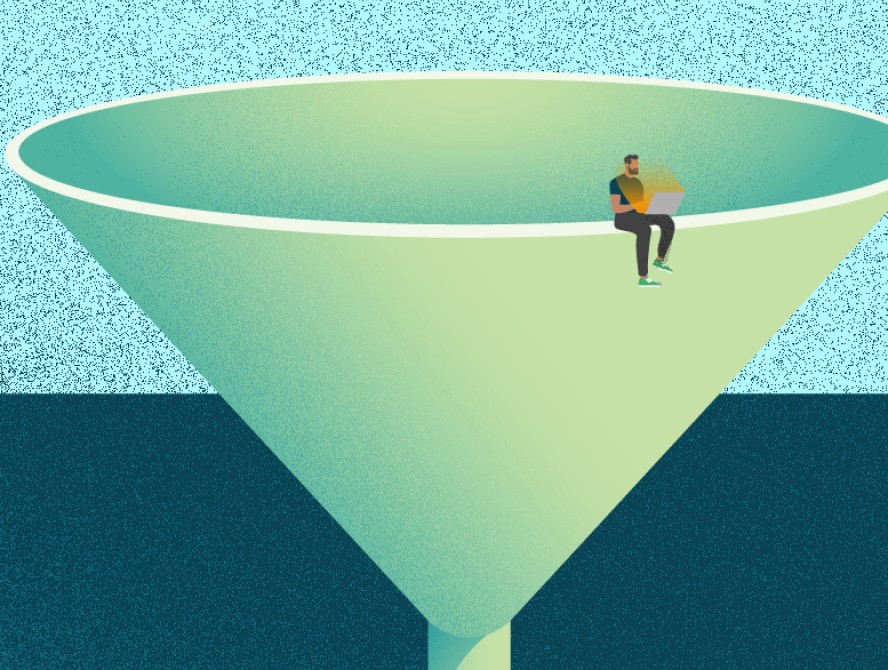My general understanding of African American history was that everything was awful for them, then the Civil Rights Act was passed. Things gradually got better but there is still a lot of ground to make up.
One of the most interesting things I learned from reading Robert Putnam's The Upswing, is that some things actually got worse shortly after the 1960s, most notably the racial wage gap.
Starting around the 1920s, the racial wage gap got smaller each year, peaking in the 1960s. Since then it has gotten worse each year. One of the main explanations for the initial narrowing of the black-white wage gap is that African Americans were moving out of the Jim Crow south and into booming industrial cities in the Rust Belt where the only color that mattered was green.
(There is even survey data that suggests a stronger bias against white southerners than against blacks in these cities, noting "When poor whites from the south moved north for work, ‘occasionally a white southerner would find that a flat or a furnished room had ‘just been rented’ when the landlord heard his southern accent.’”)
Along with white laborers, African-Americans enjoyed strong unions and friendly civic associations. They increasingly had access to the same opportunities as white Americans, and that was reflected in their wages.
The DSA doesn't want to admit it, but this colorblind capitalism did way more for African Americans than Affirmative Action and Civil Rights Legislation, at least in terms of wages. (This isn't an argument against government intervention; I'm just pointing out that the state and the market have a role to play in reducing inequity.)
Part of the explanation for the widening of the gap since the '60s is the disappearance of many of these factory jobs (and civic associations) and their replacement with new jobs in the tech sector that require a degree. So it used to be as simple as moving to a city with a lot of jobs. Now it's getting your children into college from a school system whose funding has been hallowed out by white flight.
This explains the Antiracism push to change admission policies so that more black Americans can get those degrees and go after their jobs.
But I think there might be a better way.
Credential-Blind Capitalism
I don't think the answer is more college degrees. If the previous solution to reducing the racial wage gap was colorblind capitalism, the contemporary solution will be credential-blind capitalism.
Why fancy restaurants in places with significant numbers of startups tend not to have dress codes. pic.twitter.com/68tmSyFkyv
— Paul Graham (@paulg) July 28, 2021
There is something to the above tweet. Or Mark Zuckerberg and the zip-up hoodie or him showing up to meetings in a bathrobe. Steve Jobs in his dad jeans and turtleneck.
The tech industry draws people who don't feel the need to impress you with their looks because they know they have high-demand skills. And what is a college degree if not a way of impressing you with a look? It doesn't do anything to signify high-demand skills, just a way of saying "I look like the type of person you want to hire."
The capitalism of the tech industry not only doesn't care what color your skin is, they don't care about your credentials. And they are starting to find ways around them.
At the basic level, you have places like Google and Apple dropping the college requirement. At the more aggressive level, you have Peter Theil paying people to not go to college and to work for him. Here is someone so disenchanted with higher education that he is literally paying you to forego it. He could just wait four years to hire you but actually believes it is a waste of your time.
Another innovative approach is Austen Allred's Lambda School. They are so confident in their ability to find you a good paying tech job that you don't have to pay tuition until you are hired.
Michael Lind followed this line of thinking in an anti-university rant:
"Why not just break up Big U? Why not apply the logic of antitrust to the bloated, wasteful nonprofit academic sector? Let corporations do their own vocational training, like McDonald’s with Hamburger University, or contract with free-standing trade and professional schools. Let research be done by independent science and engineering institutes, with apprenticeships for young scientists and engineers. Let gender and ethnic studies departments be left-wing nonprofits; there will be plenty of liberal and leftist donor money for them. Let the former college sports teams go professional and let their professional players unionize."
While the Gettin's Good
If this direction 1. is a more direct path to good paying jobs, and 2. leaves you with much less debt than a traditional degree, than it seems like a smarter path than lowering admission criteria so colleges can admit more BIPOC students into a system that churns out an increasingly weaker signal to employers.
If you are privileged enough to proclaim that "The enexamied life is not worth living," then by all means pursue a traditional liberal arts education. If you are concerned with finding a good paying job, then find a career that disregards credentials. You can worry about examining your life once you have a down payment on your new house.




